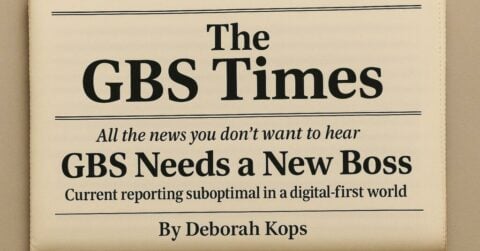
Supply chain planning BPO is a relatively new entrant into the global services arena. Organizations are now turning to specialist providers that can deliver a range of services across delivery, master data management (MDM), aftersales, and reporting & analytics. A number of leading broad-based BPO providers have developed capabilities in this area to complement finance & accounting and procurement outsourcing offerings.
However, as is typical with a service that is not very tightly defined, supply chain planning BPO consist of completely different sets of underlying services, depending on the client context.
On one end of the spectrum, supply chain planning BPO services can cover relatively transactional activities such as:
- Data management for inventory planning
- Master data updates and validations
- Status reporting and integrity checks
- Basic conclusions from SAP/ERP data extracts to support planning activities
On the other end, supply chain planning BPO services have been seen to cover quite complex activities such as:
- Forecasting and demand analysis
- Inventory planning and scenario analysis
- Network and distribution planning
- Working capital management
Both sets of services have different skill set requirements, educational qualifications, staffing metrics, and talent management regimes. The transactional activities require basic numerical skills, some working knowledge of ERP systems, and good reporting capabilities. The complex manifestation of supply chain planning is much more judgement based, and requires operations planning skills, understanding of network planning/optimization tools, and excellent analytical abilities.
In a competitive or sole-sourced bid situation, any wrong assumptions could have significant implications on deal profitability for the service provider or pricing competitiveness for the buyer. Therefore, it is critical for both parties to understand and articulate where the specific service lies on the complexity continuum.
During the deal tenure, this poses additional challenges during a benchmarking or contract review/renegotiation exercise. We have often observed providers putting forth a “blended” rate covering the entire set of services, which limits the transparency and flexibility to objectively and accurately assess the pricing. Case in point: as part of a recent contract review, we had to go through the qualification and job description of each individual on the account to enable an apples to apples comparison. This led to the identification of significant value leakage due to a blended rate covering all kinds of supply chain planning activities that was higher than the fair market price for the complexity of the underlying services delivered.
It will be interesting to observe how the market evolves and service providers develop a tighter definition of these services to ensure there is no confusion during solutioning and pricing of contracts. If you were on the buy- or sell-side of a supply chain planning BPO deal, our readers would love to hear your experience!








